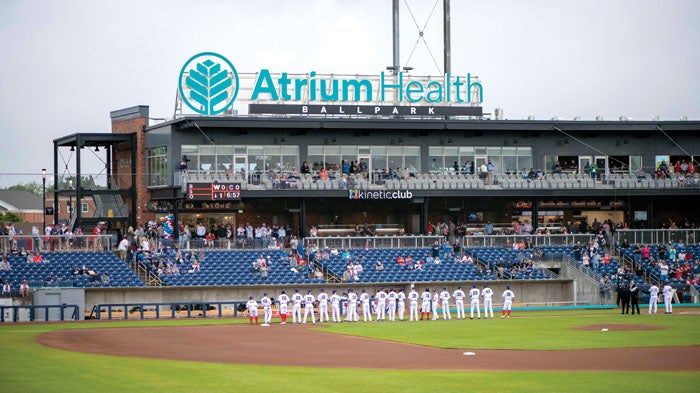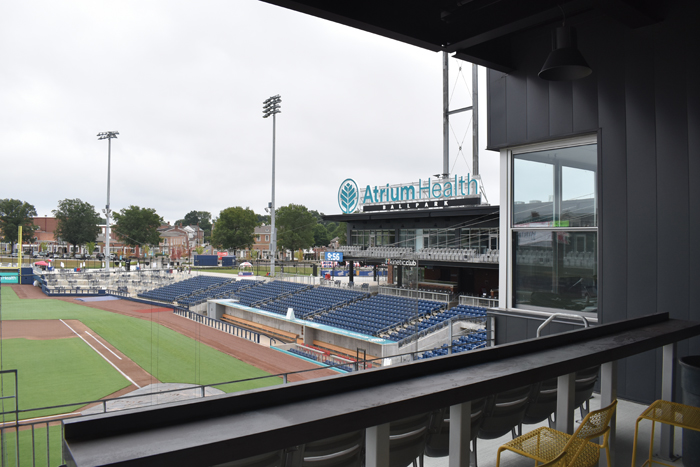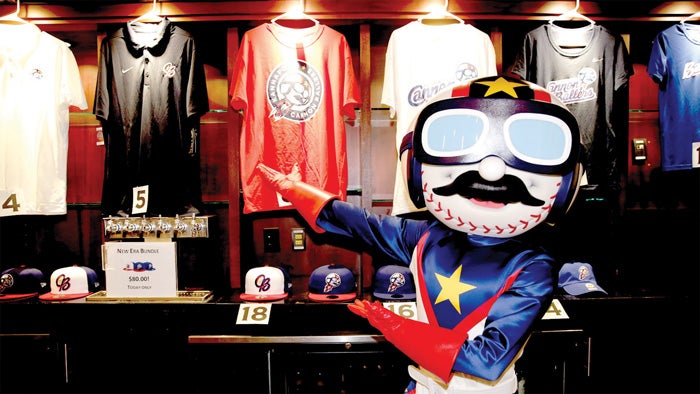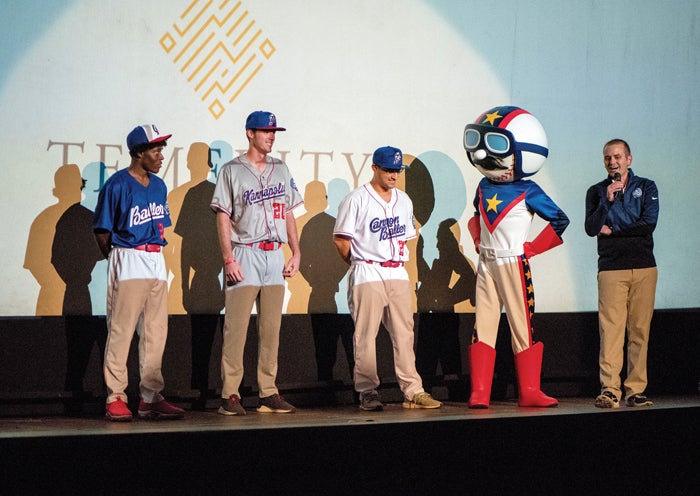Kannapolis Intimidators have new owners, big plans
Published 10:39 am Wednesday, March 16, 2016
KANNAPOLIS – The Kannapolis Intimidators have been sold to a new group of owners who say they are interested in a new venue with added attractions.
“We welcome Reese L. Smith III and his partners, the new owners of the Kannapolis Intimidators,” said Kannapolis City Manager Mike Legg. “We have had the pleasure to speak with the new owners and are excited about their enthusiasm for minor league baseball and the Intimidators. We look forward to working with them as we consider a sports and entertainment venue as an anchor in the soon-to-be completed Downtown Revitalization Plan.”
Smith, a Nashville businessman with decades of experience in rejuvenating minor league baseball franchises, and his partners recently bought the team from the current owners, Smith Family Baseball. Randy Long will remain as the general manager of the Intimidators.
As part of the sale of the team, the Kannapolis City Council has voted to transfer the current lease of the stadium from Smith Family Baseball to Intimidators Baseball Club LLC.
The city owns the baseball stadium where the Intimidators play and is in the process of analyzing the possibility for a sports and entertainment venue in downtown Kannapolis.
The 20-year-old stadium is in need of major renovations or replacement. Because the current facility is located within a protected watershed zone that limits development growth, the stadium property cannot be expanded nor can additional supportive development (restaurants, shops, etc.) occur on the remaining vacant property.
The stadium was jointly built in 1995 by the Rowan County-Kannapolis Regional Sports Authority, attracting a team that relocated from Spartanburg, S.C. The city acquired full ownership of the stadium in 2012. The team leases the stadium from the city. The stadium currently seats 4,700. Average per game attendance in 2015 was 2,056, with a total season attendance of 135,727 – a 10 percent increase from 2014.
The team is a Class A affiliate in the Chicago White Sox minor league system. There are 167 minor league baseball teams in the U.S. but only 30 are Single A. Players, generally one year out of high school or college become minor league players, joining teams such as the Kannapolis Intimidators.
Smith says a key to success is viewing the baseball club as one piece in the bigger picture of economic development and building communities. “It’s family entertainment as much as baseball. It is local jobs and economic impact. It’s important to listen to the community and react rather than dictate to the community. We look forward to becoming a part of the Kannapolis community.”
Other partners include Jeff Cogen, a senior executive with the Tampa Rays, Dallas-based Fairlane Sports, and a member of the David Freeman family that co-owns the NHL Nashville Predators.
The Intimidators will begin their 22nd season in April.
With the purchase of approximately 50 acres in downtown Kannapolis, city officials are exploring the option of a new sports and entertainment venue in downtown which would be an anchor – a venue that would bring a significant number of people to downtown to not only attend cultural and athletic events but to shop, eat, work and live.
The initial step in this effort was to commission a minor league baseball stadium feasibility study, the first phase of which was completed last year. The second phase will be presented to City Council this spring.
The first phase of the baseball study concluded that with marketing and an appropriate venue, Kannapolis has the potential to double its annual ballgame attendance. The report further concluded, that with the expected population growth in the city and the surrounding area over the next several years, the market for professional baseball will continue to be strong.
Attending a baseball game has become family oriented and a social entertainment option for people. Factors such as household size, household income, attendee ages and disposable income impact the potential market size for minor league baseball.
The second phase of the study will show the recommended size of a venue, other types of uses for the facility, number and type of seats and seating arrangements and the cost of building the venue.





